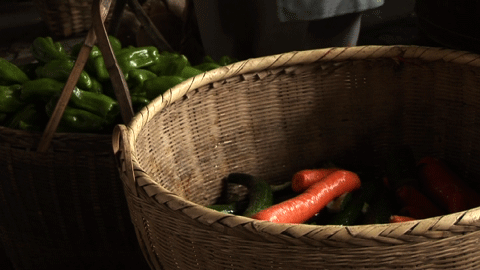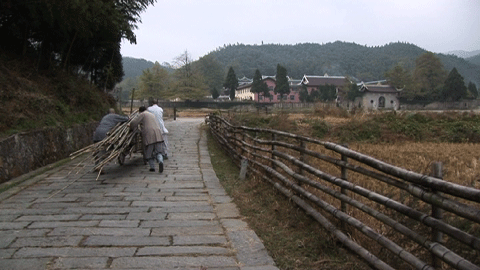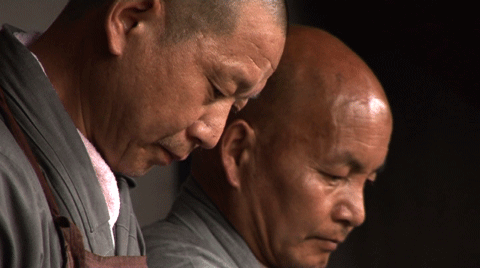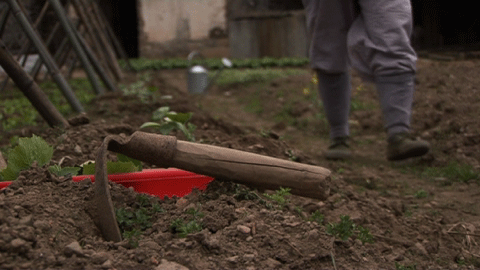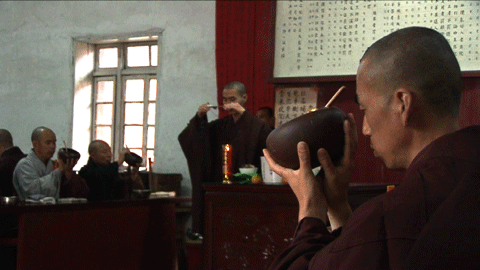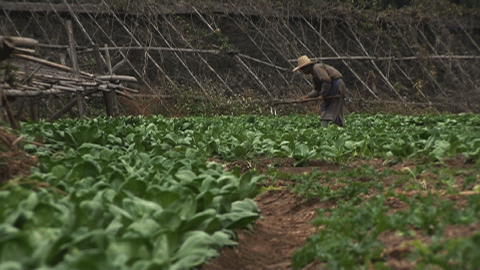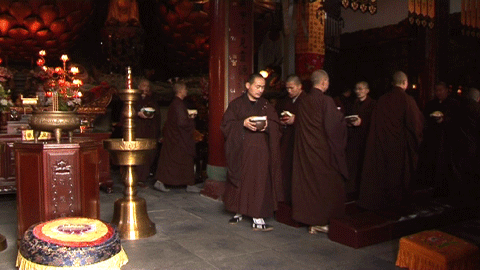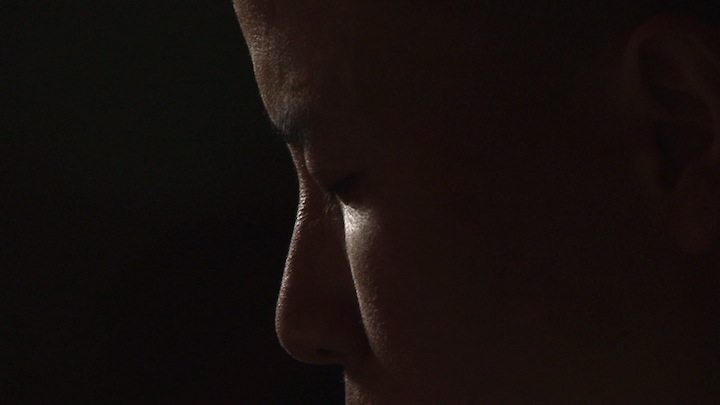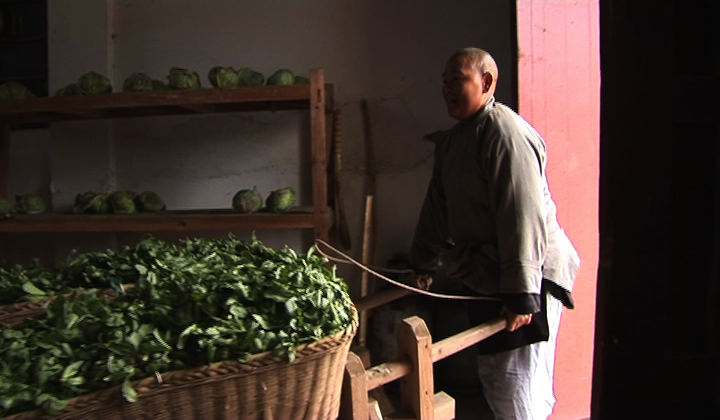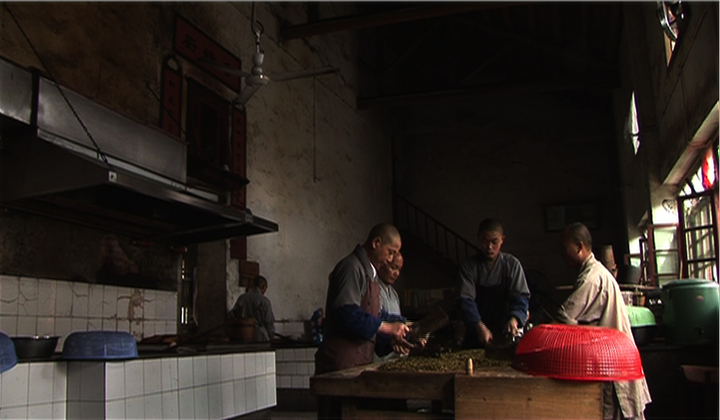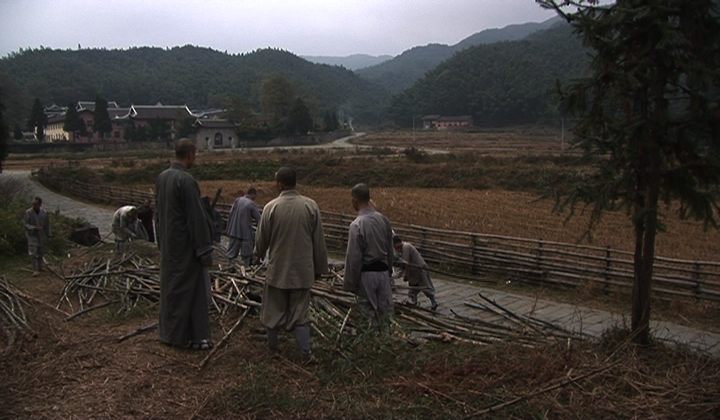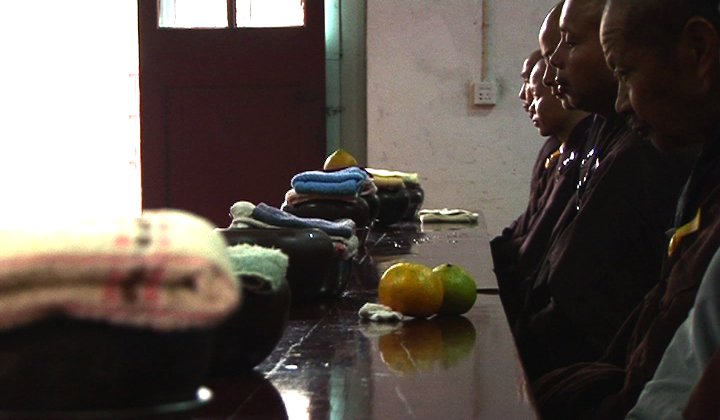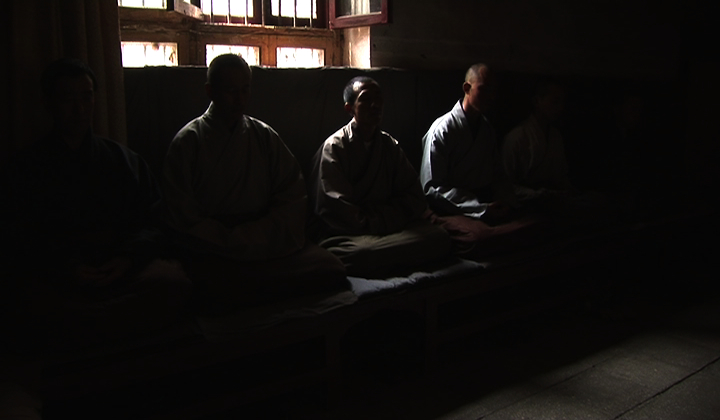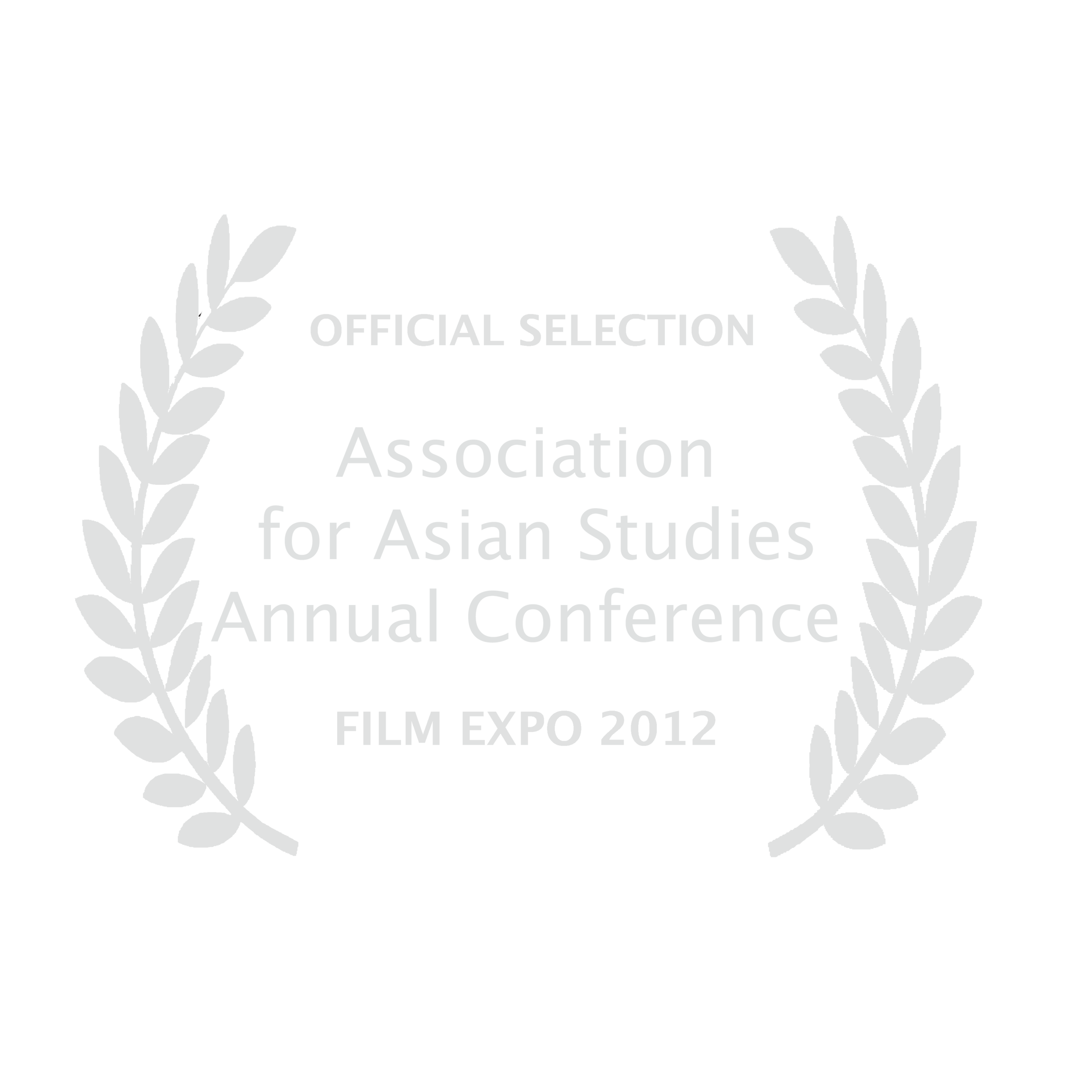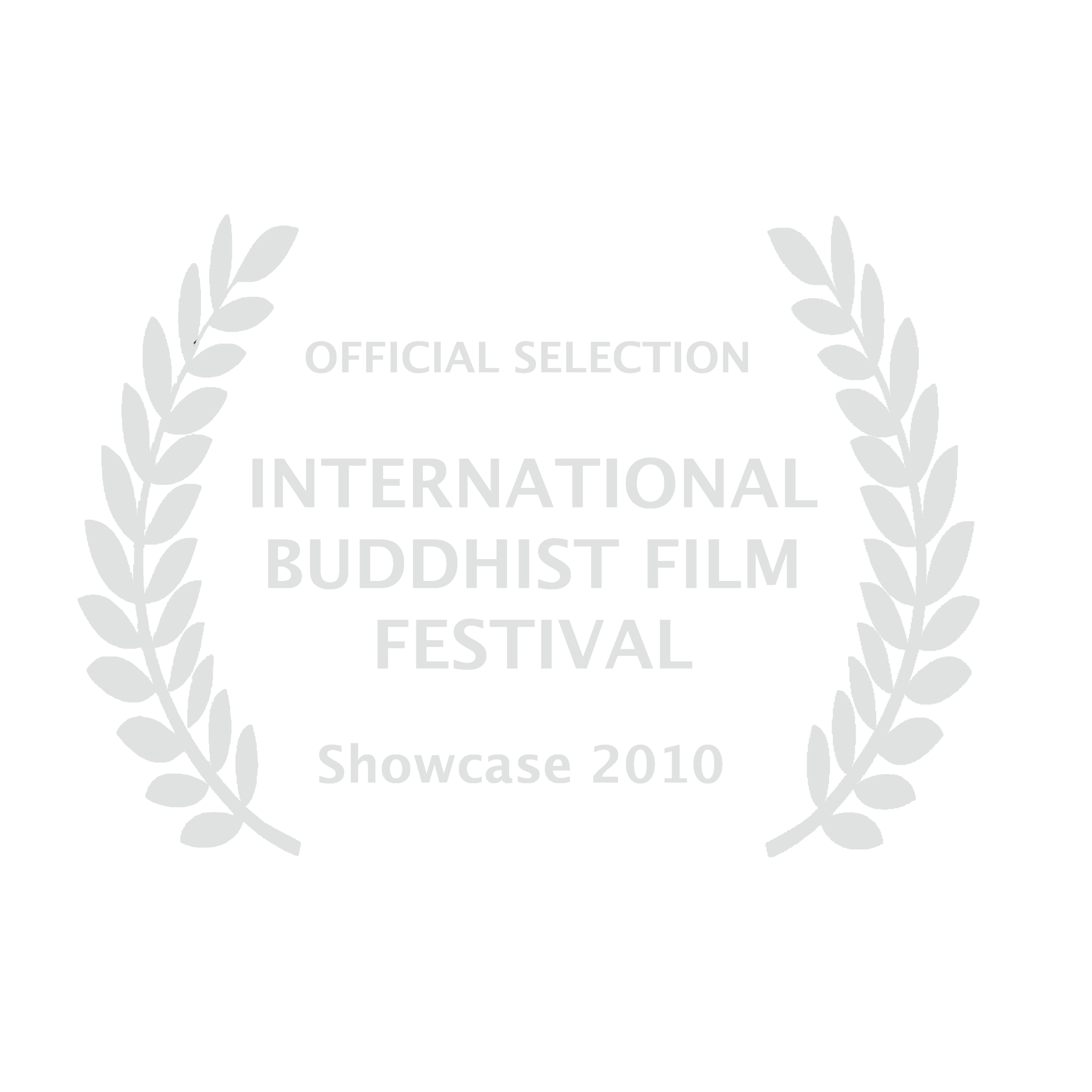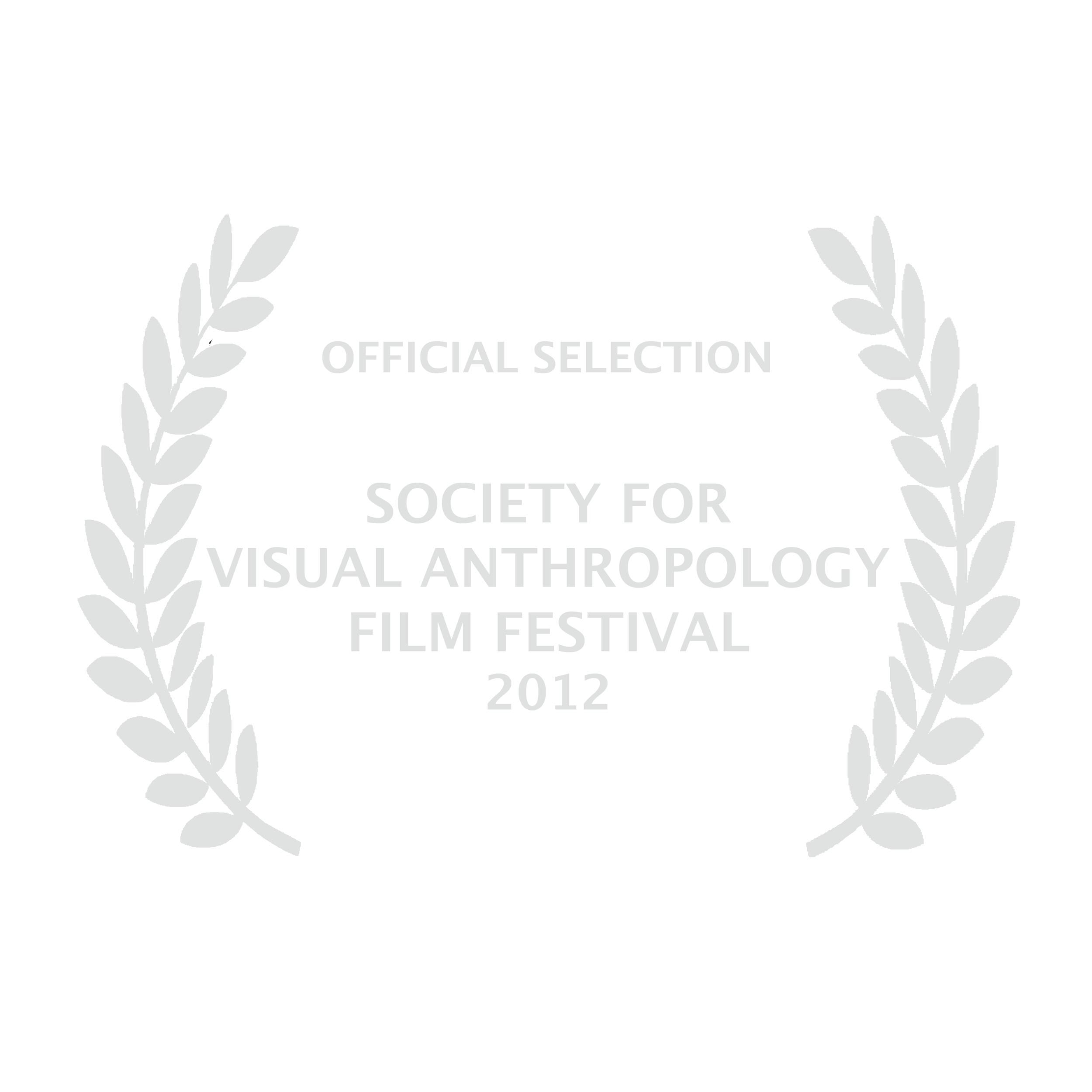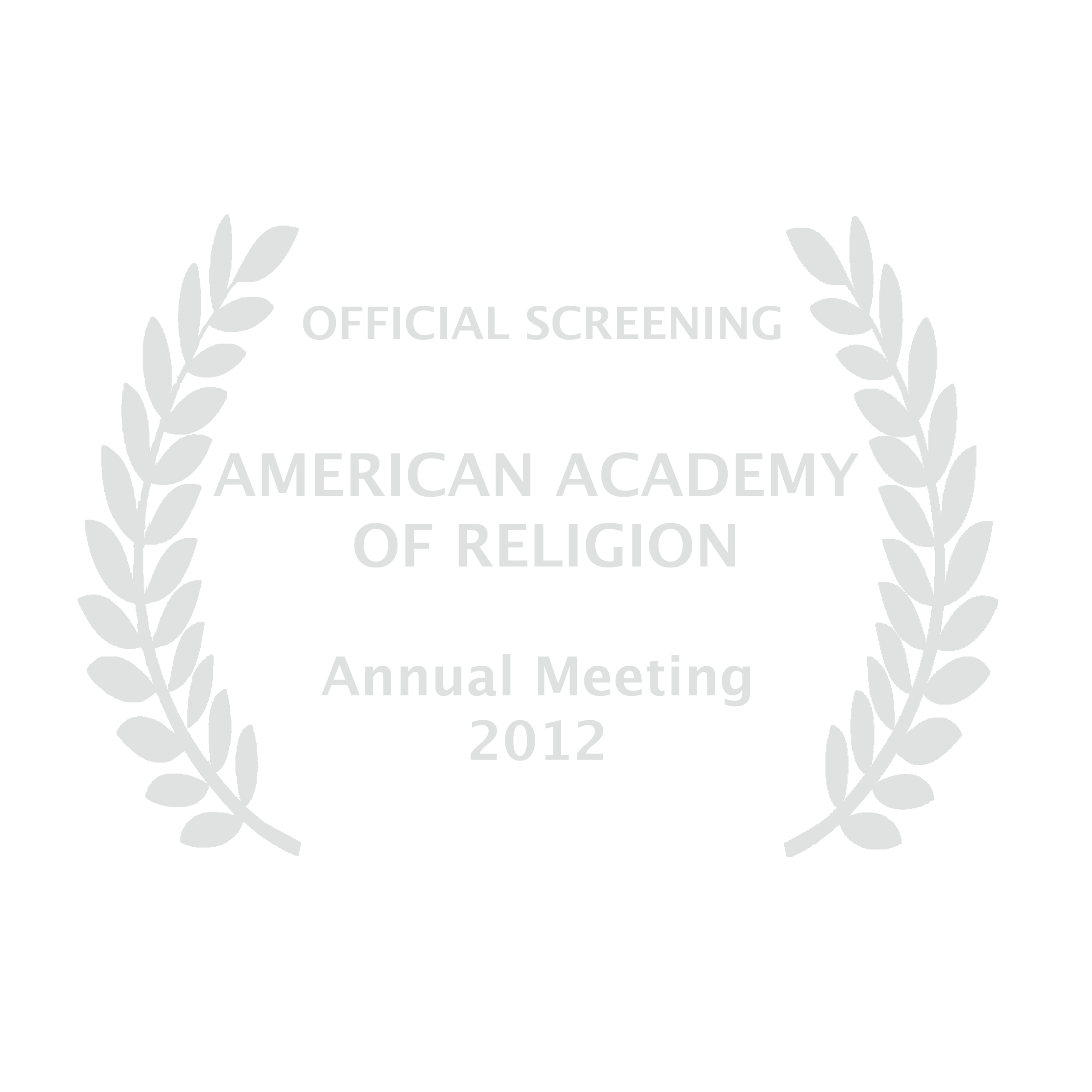净食 ALMS
a film by Edward A. Burger, 2010
filmed in Jiangxi Province, China / 26 minutes / Mandarin w/ English Subtitles
read a review of ALMS and VOWS in the Journal of Buddhist Ethics, Volume 22, 2015
“Beautiful. Very simply and elegantly filmed, the sense of care in filmmaking matches well with the sense of care in daily activities. I certainly recommend it”
Story
Alms is a cinematic tour through a remote mountain Chan/Zen Buddhist monastery in Southern China. Audiences are guided by the community’s Head Chef (典座 dianzuo) as he explains the traditional cultivation, distribution and ritual offering of food in this traditional Buddhist community. We follow the gathering of local fuels and farmed vegetables, and witness how living members of this community work in harmony with elements of their surrounding naturalenvironment to provide the supportive infrastructure surrounding the Meditation Hall (禪堂 Zendo/Chantang), where a group of cloistered monks devote themselves to meditation practice.
Content
Content includes footage of monks sitting in the Meditation Hall, farming land, gathering bamboo off the surrounding mountainsides, cooking on wood-fire stoves and feeding their resident brothers in the disciplined, ritualized manner traditional to this 1200 year-old monastery.
Educators
Educators can use this film as a framework for discussions on Chinese Buddhist life and monasticism, adaptations of Indian Buddhist principles to China, general themes related to community life, environmental impact, self-sufficiency, practical issues facing spiritual communities, social structures, spiritual ideals and more.
Use these films as a vehicle for student discussions:
-How do the monks in this Chinese monastery uphold the spirit of Sakyamuni’s practice of the alms-round (托钵 Pindipata)? Which elements of discipline and ritual in the film can we find that correspond to this practice?
-What are some rituals and rules we, in western cultures, follow to “spiritualize” and formalize our obtaining and consumption of food and drink?
-Is there value to cultivating a conscious connection with the “land” that provides our food every day?
-What changes might modernity force upon this kind of traditional community? Do you see this as positive or negative change?


